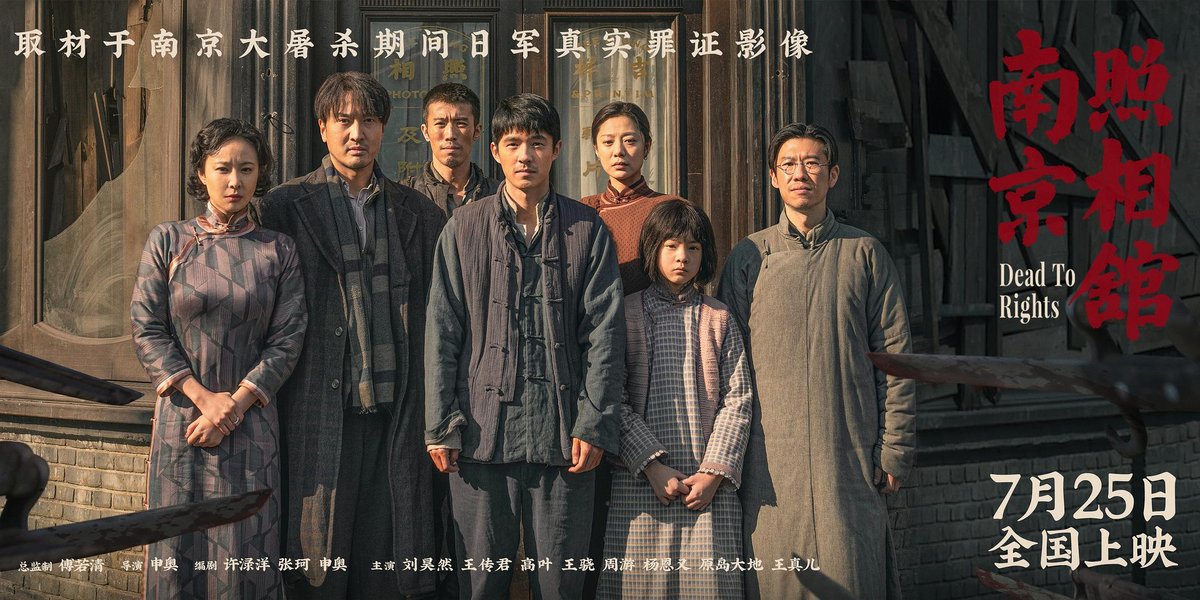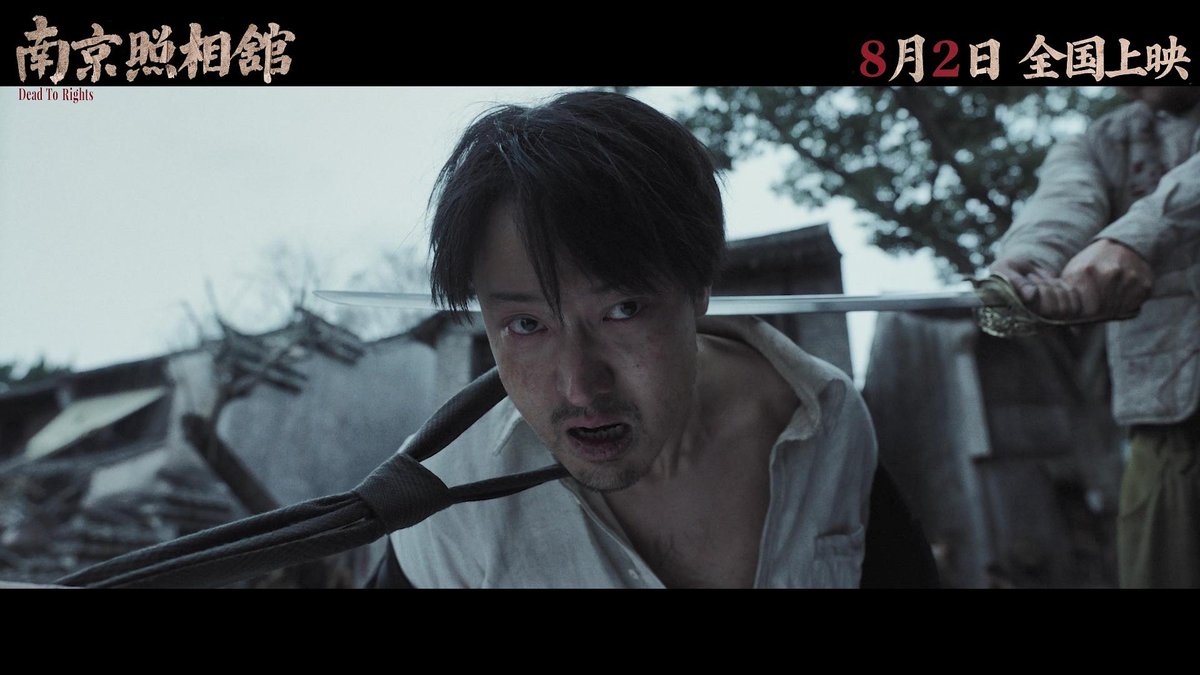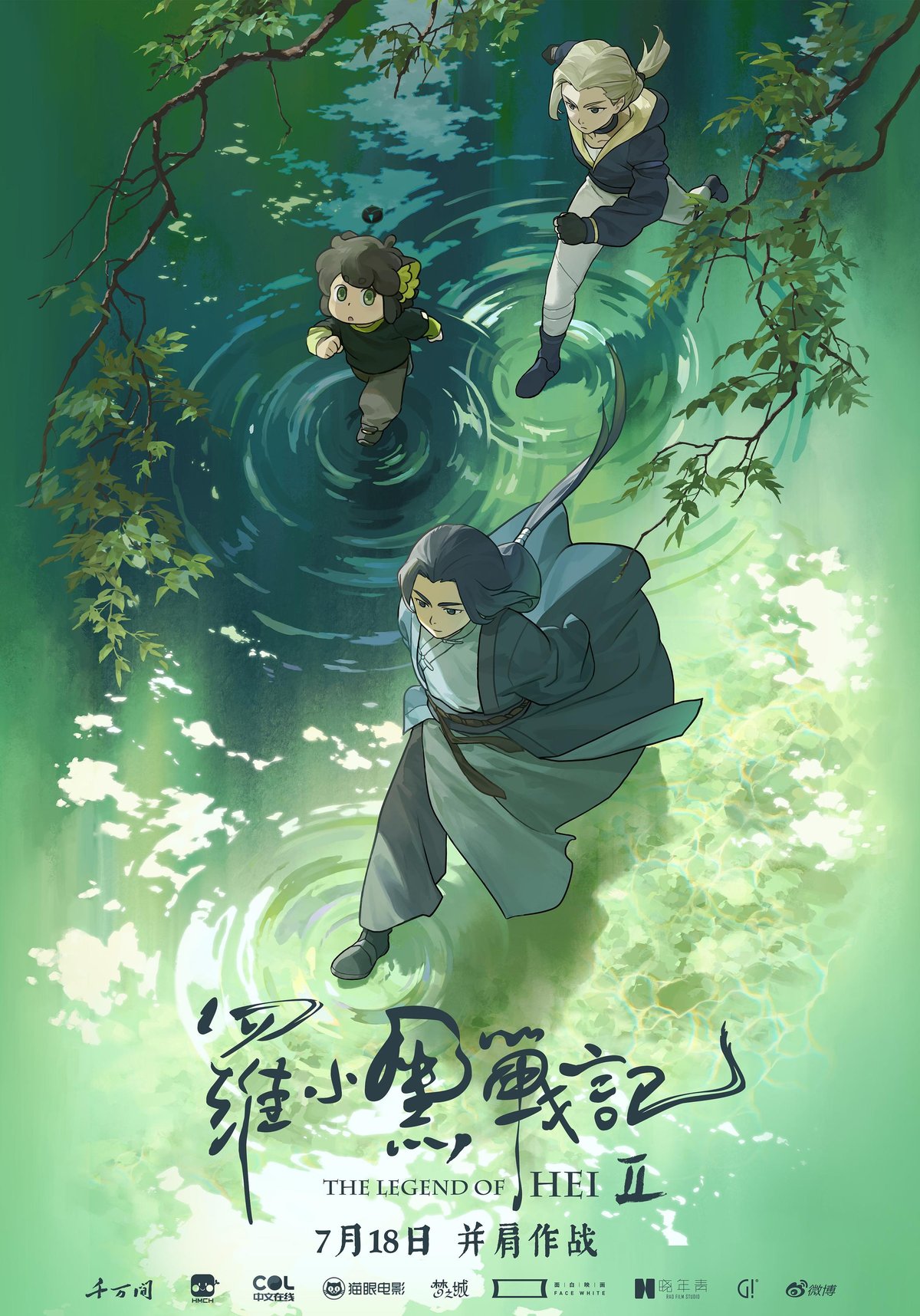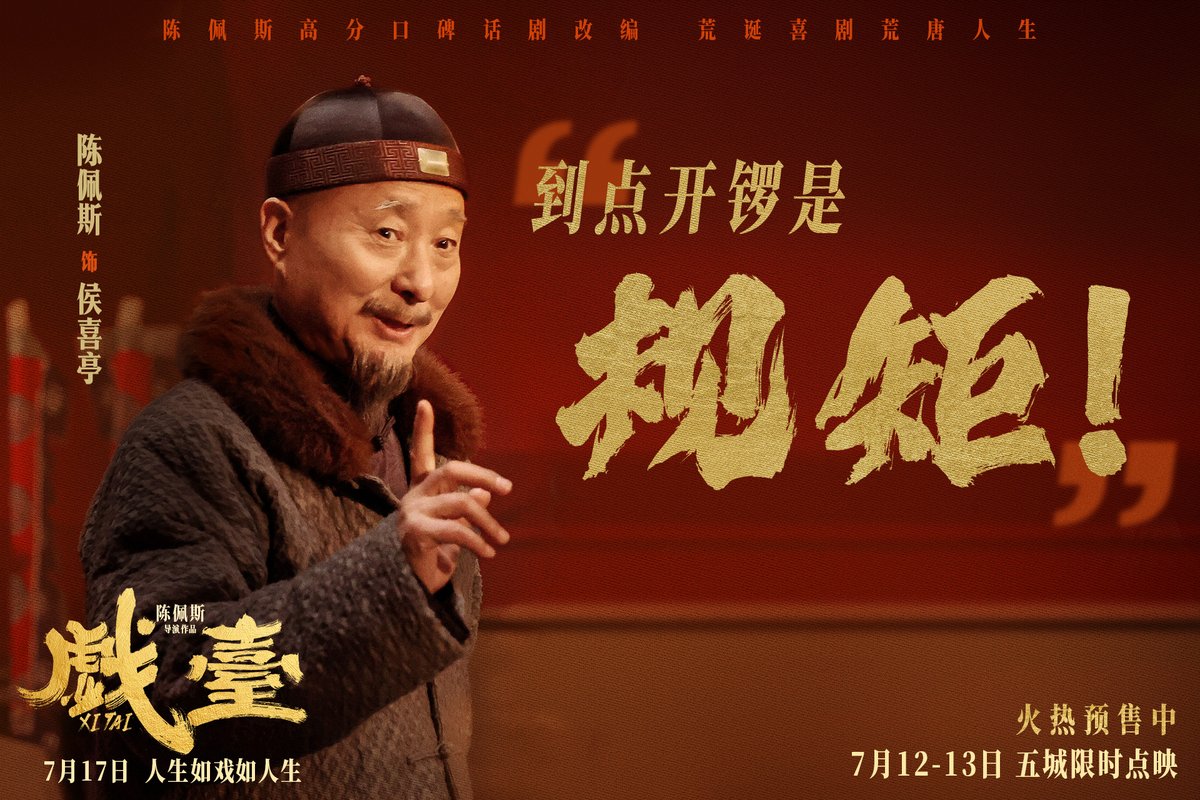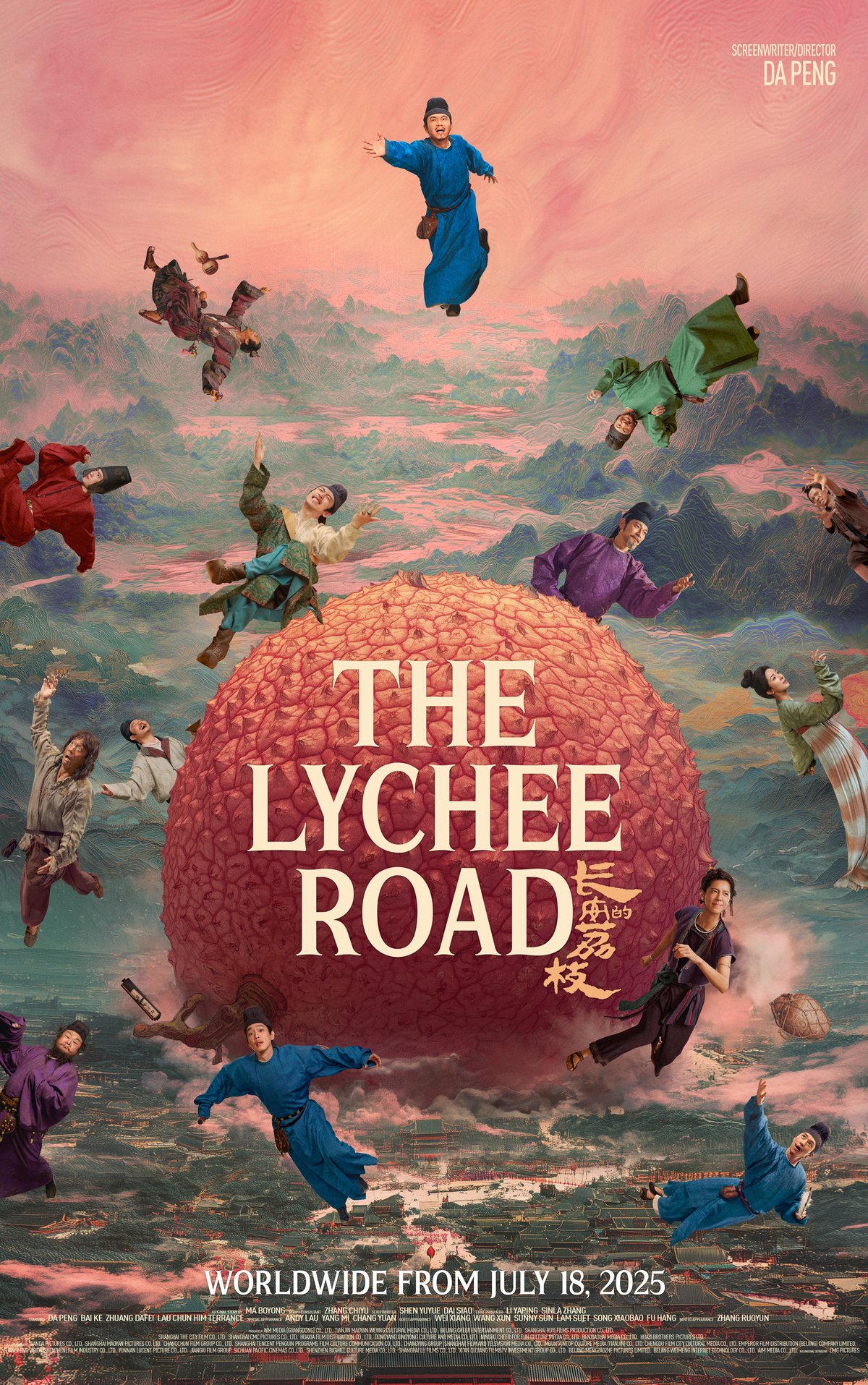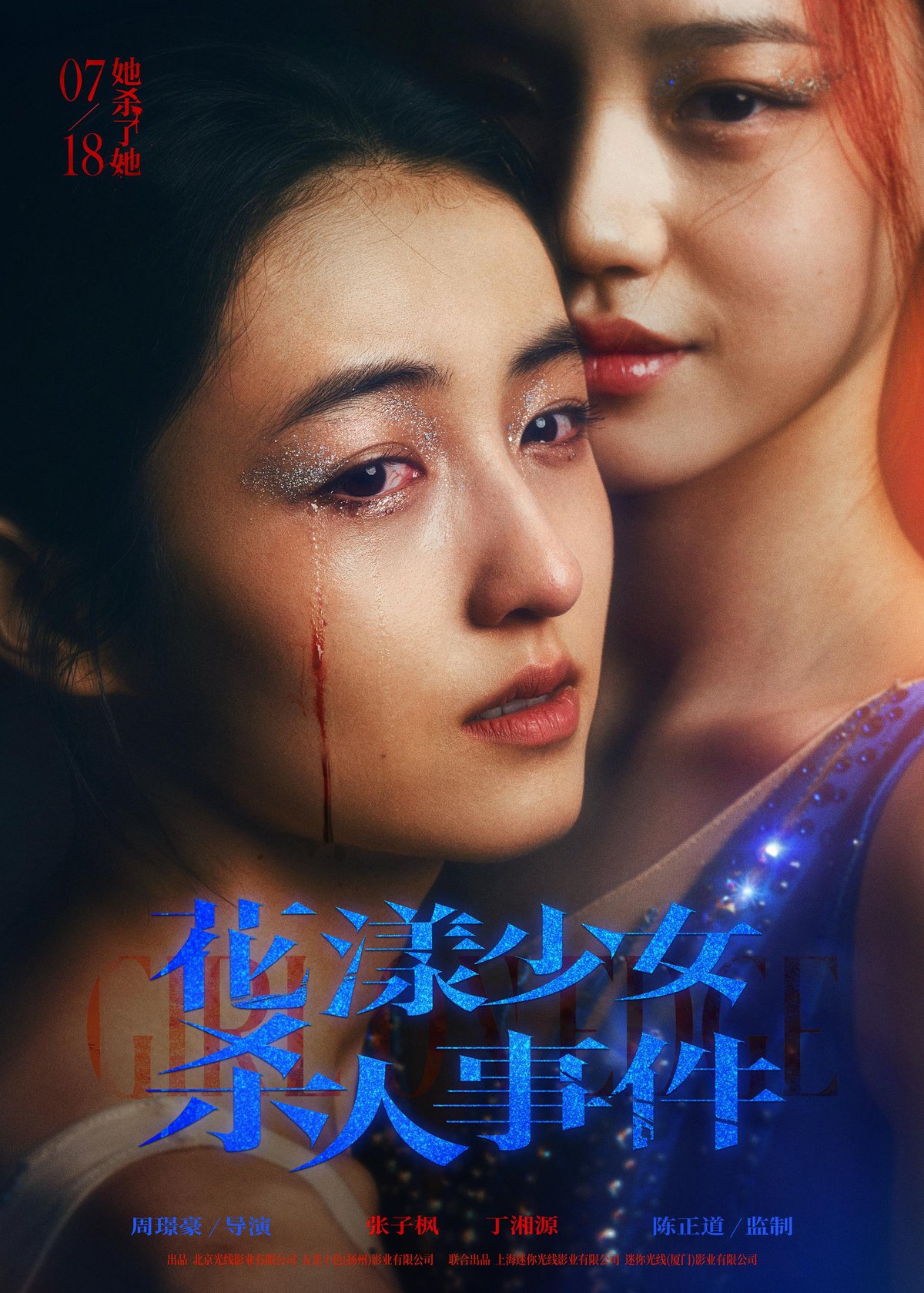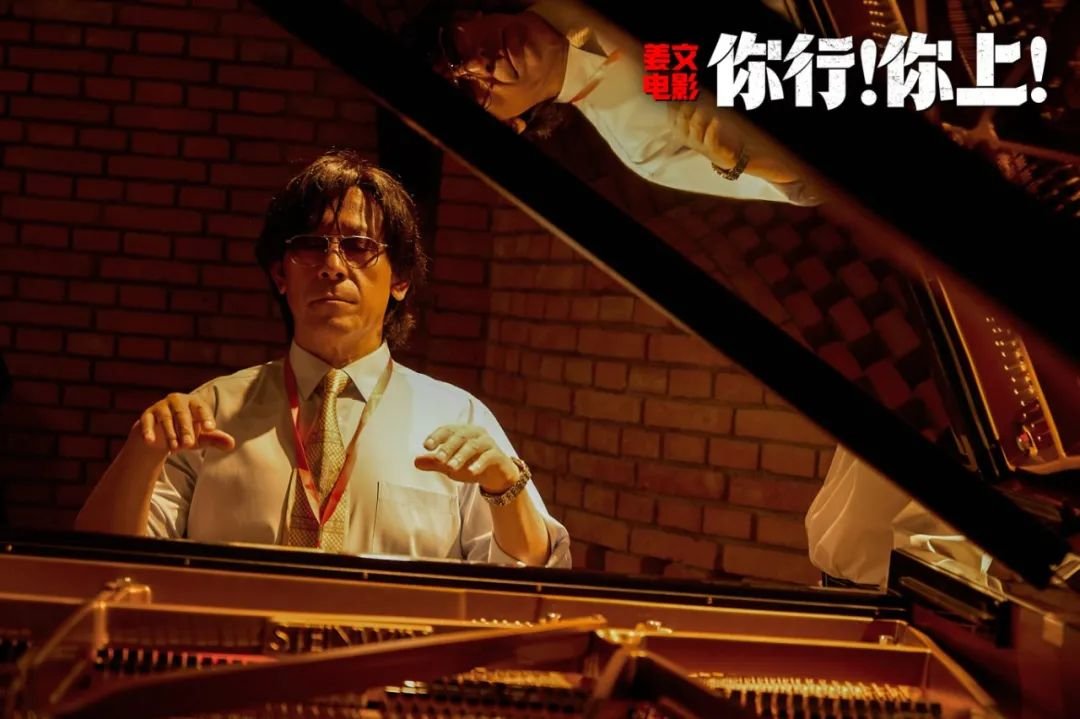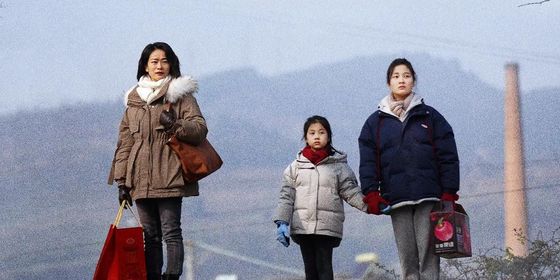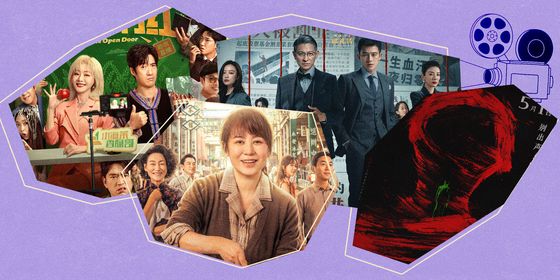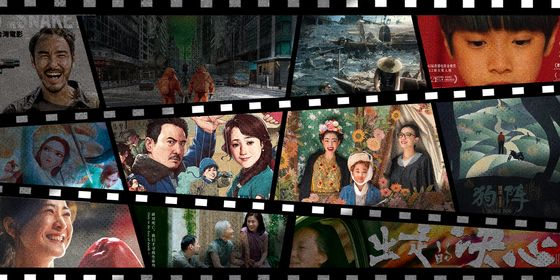Led by critically acclaimed war drama “Dead to Rights” and animation “The Legend of Hei 2,” China’s recent domestic film releases have turned their patchy reputation around at this summer’s box office
While this year’s early summer box office season only drew lukewarm figures, it appears a breakout hit has finally energized audiences to head to the cinema. The harrowing war drama Dead to Rights, set during the infamous Nanjing Massacre, has won critical acclaim and become the only film expected to surpass the 1 billion yuan mark in ticket sales this summer.
Other titles—such as the film adaptation of bestselling author Ma Boyong’s political satire The Lychee Road; the second installment in The Legend of Hei animation series; and comedy The Stage, adapted from the play of the same name—despite all receiving glowing reviews from audiences, haven’t managed to turn the tide on what’s shaping up to be one of the most underwhelming summer seasons in years.
Sixty days into China’s all-important summer movie season, the domestic box office has pulled in just 5.7 billion yuan—less than half of the 12.7 billion recorded over the same stretch in 2023. Outside of prime hours, many auditoriums welcome few viewers in China’s 13,000-plus movie theaters.
If you’re looking to support the struggling film industry, these standout titles currently in theaters are worth checking out.
Dead to Rights 南京照相馆
Based on a true story, Dead to Rights centers on a Nanjing photo studio—also the namesake of the film’s Chinese title—in which seven locals hid in a desperate bid for survival during the Nanjing Massacre, a horrific event in which the Japanese army blockaded the southern city in December 1937 and systematically murdered over 300,000 residents and POWs over the course of six weeks.
Forced to develop film for Japanese military journalists, the group soon discovers they’re not just processing staged images of friendly interactions between soldiers and civilians, but also graphic evidence of the ruthless killings of their neighbors and fellow Nanjing residents. Shaken by the atrocities they see, they vow to smuggle the photos so the world can witness the horrors committed by the Japanese army.
The film has received highly favorable reviews since it aired on July 25, currently holding an 8.6 out of 10 rating on the popular review platform Douban. Unlike many other patriotic films, Dead to Rights is neither preachy nor overly sentimental. In fact, its cinematography shows remarkable restraint in its portrayal of violence and tragedy. In particular, the director avoids directly depicting sexual violence against women, instead allowing the audience to grasp what the women have endured through details, like the character’s distressed body language, smudged lipstick, and visible numbness and exhaustion. The approach has been praised by many viewers as more respectful, especially in contrast to She’s Got No Name, which aired in June and was criticized for devoting excessive screen time to the female lead’s abuse. The end result is even more powerful for it, with many viewers writing how they were left reeling long after the credits rolled, knowing that what they witnessed was only a fraction of the horror that actually occurred.
Much of the film’s imagery and scenes are based on real historical records. In real life, the photographs that these seven individuals risked their lives to protect later became key evidence in the trial of Nanjing Massacre perpetrator Tani Hisao.
The film has earned 820 million yuan at the time of writing and is expected to close at 3.7 billion yuan, making it the year’s top performer after the record-breaking animation Ne Zha 2.
The Legend of Hei 2 罗小黑战记2
Six years after The Legend of Hei captivated audiences, itself an evolution of a popular animated series on streaming platform Bilibili, the long-awaited sequel has arrived, with a new mission for Xiaohei, its black kitten protagonist. Now a seasoned yaoguai (妖怪), or demon, Xiaohei, who has taken to village life with his human master Wuxian, has his life thrown into chaos once again after an unexpected attack. The mysterious assault takes place in the Spirit Hall, killing many of the demons who resided there. With humans being the suspected culprits behind the attack, tensions escalate, and a war between the earth-dwellers and those of the spirit realm looms large. Therefore, Xiaohei, his fellow disciple Luye, and their master set off to quell tensions and to uncover the truth.
The film’s exquisite visuals and heartwarming tone hark back to the best parts of the original, while also unveiling a new take on its Eastern fantasy world. Together, these have helped earn it an 8.7 rating on Douban—even higher than that of the feted Nezha—as well as over 200 million yuan within nine days of its release on July 18.
The Stage 戏台
This adaptation of the eponymous play by comedian-turned-director Chen Peisi has struck a chord with viewers for its depiction of the struggles performers face when weighing their own artistic pursuit against the demands of audiences and the market. Believed to echo Chen’s own experience—after gained prominence in the 1980s and 1990s for his short sketch shows, or xiaopin (小品), on the CCTV’s annual Spring Festival Gala, he largely retired from the screen to focus on stage productions and to teach acting—the story follows troupe leader Hou Xiting, also played by Chen, as he wrests his stage production from disaster.
The action takes place during the Republican era at the Dexiang Theater, where the famous Wuqing Troupe is preparing to stage its rendition of a classic play about the 3rd-century BCE warlord Xiang Yu (项羽). Tickets for the three nights have sold out in advance, but lead actor Jin Xiaotian (Yin Zheng) has become so addicted to opium that he can barely perform. If things couldn’t get worse, the region’s new warlord demands that a restaurant worker, Dasang’er (Huang Bo), an amateur with little knowledge of the art, take over the role of Xiang Yu. He also insists that in the performance, the general wins his battle against Liu Bang (who would go on to found the Han dynasty), rather than meet his historical fate of defeat and suicide.
The film marks a welcome big-screen return for Chen, securing over 200 million yuan at the box office and earning an 8.1 rating on Douban in its first week.
The Lychee Road 长安的荔枝
Only several weeks following the release of the 35-episode TV drama adaptation of The Lychee Road, based on fiction writer Ma Boyong’s short novel of the same name, comes a 122-minute film version with a new cast and tighter focus. The historical drama mainly explores how a low-ranking Tang dynasty (618 – 907) official, Li Shande (Da Peng), is tricked into taking on a near-impossible mission: delivering fresh lychees from the ancient cities of Lingnan in the south to Consort Yang’s birthday banquet in the capital Chang’an, now modern-day Xi’an, over 2,500 kilometers away. If he doesn’t complete the task in three months, he faces death and the enslavement of his family. Alongside its suspenseful storyline, the film depicts everyday life in the Tang capital, from its daily routines and fashion, while also shedding light on the empire’s ancient courier system.
The film has resonated with modern youth navigating workplace pressures, taking over 400 million yuan within a week of its release and scoring 7.6 on Douban. Unlike the TV version, which faced criticism for its meandering subplots, the big screen version has been praised for its brisk pacing and simplified narrative. Many viewers have also applauded its deeper historical commentary, with one popular review calling it “not just a historical workplace comedy, but a sharp blade that pierces through the glamorous surface of the Tang dynasty.”
Girl On Edge 花漾少女杀人事件
Girl On Edge opens with a bloodbath, but not one you often see: Young figure skater Jiang Ning (Zhang Zifeng) has killed her friend and rival Zhong Ling (Ding Xiangyuan) with the blade of her skate while on the ice. The incident comes as Jiang—on the cusp of adulthood and once a promising talent—begins to falter, falling repeatedly during training and competitions despite practicing day and night. Her coach and single mother, Wang Shuang (Ma Yili), begins to shift her focus to the younger and more gifted Zhong, a cheerful part-time worker at the rink who gradually steals Jiang’s spotlight. Consumed by fear and jealousy, Jiang lashes out—only to discover that Zhong is a figment of her imagination, a personality created under immense pressure.
A debut work by director Zhou Jinghao, Girl On Edge was selected for the esteemed Cannes Festival Directors’ Fortnight section this May. While many viewers expressed enjoyment of the story, especially its depiction of Chinese mother-daughter relationships, some couldn’t help but point out the glaring similarities with 2010’s Darren Aronofsky-directed Black Swan, as well as what they saw as an abrupt reconciliation between the two main characters. Nevertheless, the film, released on July 18, currently holds an impressive rating of 7.4 on Douban.
You Are the Best 你行!你上!
Adapted from world-renowned pianist Lang Lang’s autobiography, Jiang Wen’s latest feature, You Are the Best, tells the story of a boy born in northeastern China’s Shenyang in the 1980s who, through talent and hard work, rose to perform on the world’s most prestigious stages. Many of the film’s scenes are based on real events from Lang Lang’s upbringing and how his father, Lang Guoren (played by Jiang Wen himself), raised him.
The comedy-drama stays true to Jiang’s signature style, blending absurdist humor, political allegory, and surreal storytelling with rapid-fire dialogue and theatrical, exaggerated performances. The film also features a star-studded cast, including Ge You from Farewell My Concubine, Ma Li from last year’s summer box office hit Successor, and Hu Ge from Blossoms.
However, that star power hasn’t translated to wholly favorable reviews, garnering a middling 6.7 rating on Douban. Some viewers described the storytelling as hard to follow and overly chaotic, while others praised it as rich in symbolism and one of the best of the year.
This isn’t the first time one of Jiang’s films has received such a response. His 2014 action-comedy Gone With the Bullets received a similarly mixed reception. However, upon its release during China’s film market boom, it went on to gross over 500 million yuan and gain a cult following for its rich, metaphor-laden storytelling. You Are the Best, on the other hand, has so far flopped—earning just 88 million yuan at the time of writing, with final projections barely surpassing 93 million.







